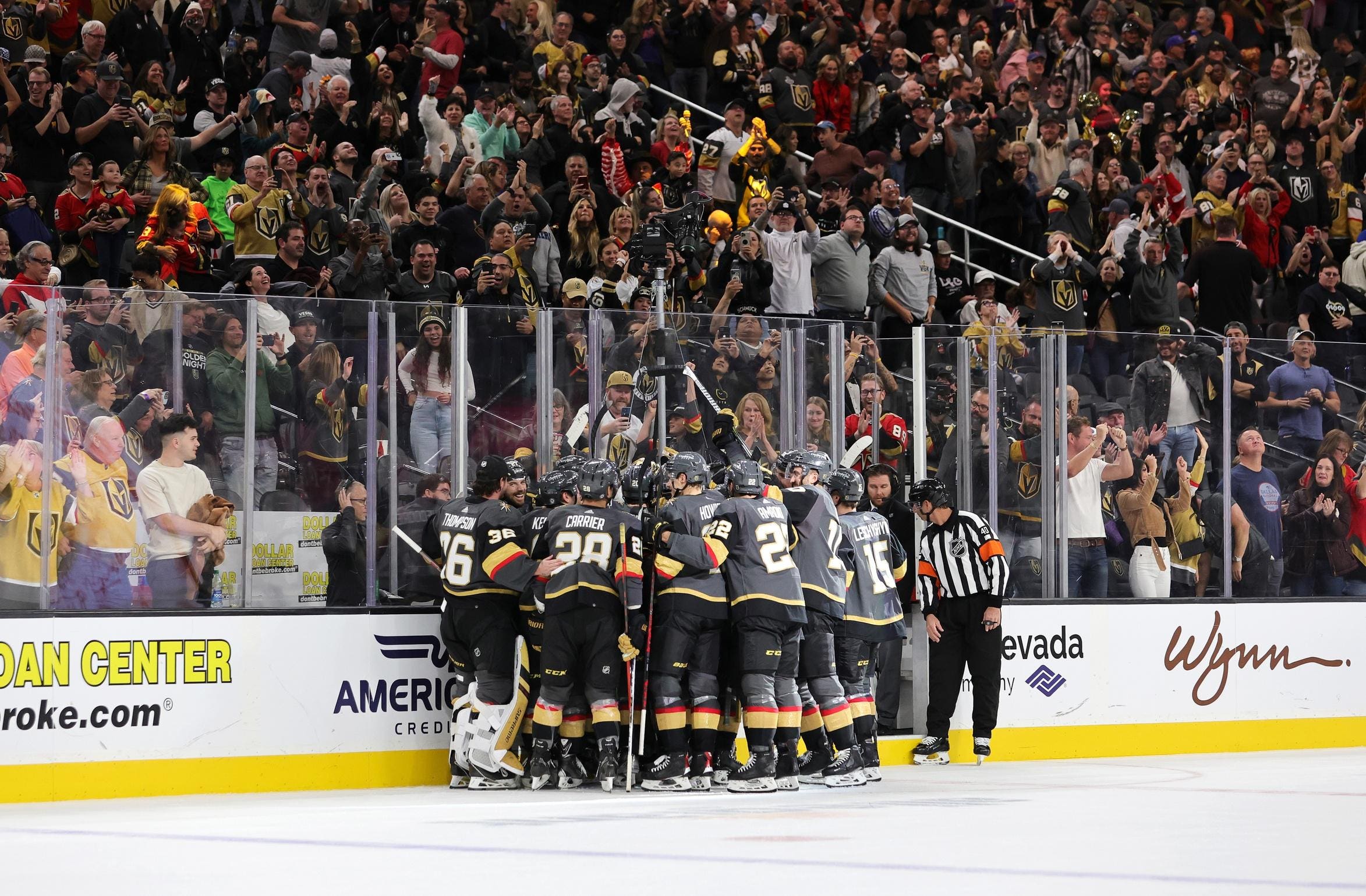According to a report by ESPN`s Greg Wyshynski and Kevin Weekes, the National Hockey League (NHL) and the NHL Players` Association (NHLPA) are currently in discussions regarding the potential implementation of an 84-game regular season schedule.
This proposed adjustment to the schedule is part of the ongoing negotiations for the next collective bargaining agreement (CBA) between the league and the players` union. If agreed upon, the longer schedule would take effect after the current CBA expires on September 15, 2026.
Should both parties approve the addition of two games, it would signify a return to the 84-game format previously used for a short period from 1992 to 1994. Under that earlier system, each team played two extra games at neutral sites.
It remains unclear precisely how the NHL would structure the 83rd and 84th games if the schedule is expanded. However, reports indicate that some franchises have raised concerns about the current schedule leading to an imbalanced number of contests against divisional rivals.
The notion of expanding the regular season schedule has reportedly been under internal consideration within the NHL for the past few seasons, as per the ESPN report. An 84-game format might also involve changes to the present structure, which currently ensures every team plays every other team at least once and typically includes four games against divisional opponents.
The NHLPA is reportedly concerned about the increased physical toll and potential for injuries («wear and tear») on players resulting from a longer schedule. To mitigate this, the NHL is expected to shorten the preseason schedule if the 84-game model is approved.
Earlier this month, NHL Commissioner Gary Bettman stated that the CBA negotiations are progressing well, describing them as being in «really good shape,» although he noted there is no specific timeline for reaching a deal. NHLPA Executive Director Marty Walsh echoed this sentiment, saying the conversations have been productive and that there are no major disputes. Talks commenced in April, and the league and union have over a year remaining to finalize the details before the current agreement concludes.
Other topics reportedly being discussed in the CBA negotiations include potential modifications to the maximum contract length, the elimination of contracts allowing for deferred salaries, the establishment of a permanent system for Emergency Backup Goaltenders (EBUGs), adjustments to revenue sharing, and changes to draft pick eligibility rules.
However, Bettman declined to disclose the specific contents that might be included in the new CBA. He also indicated that the league is not actively pursuing the addition of more expansion teams at this time, stating, «we have no pending applications and we`re not seeking to initiate a formal process at this point.» The Commissioner added that the NHL and its Board of Governors are reviewing the league`s international initiatives, including the planned return of the World Cup of Hockey and potential future international All-Star events.

